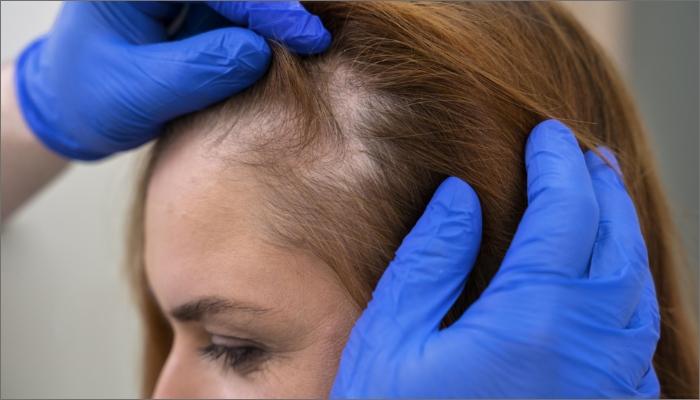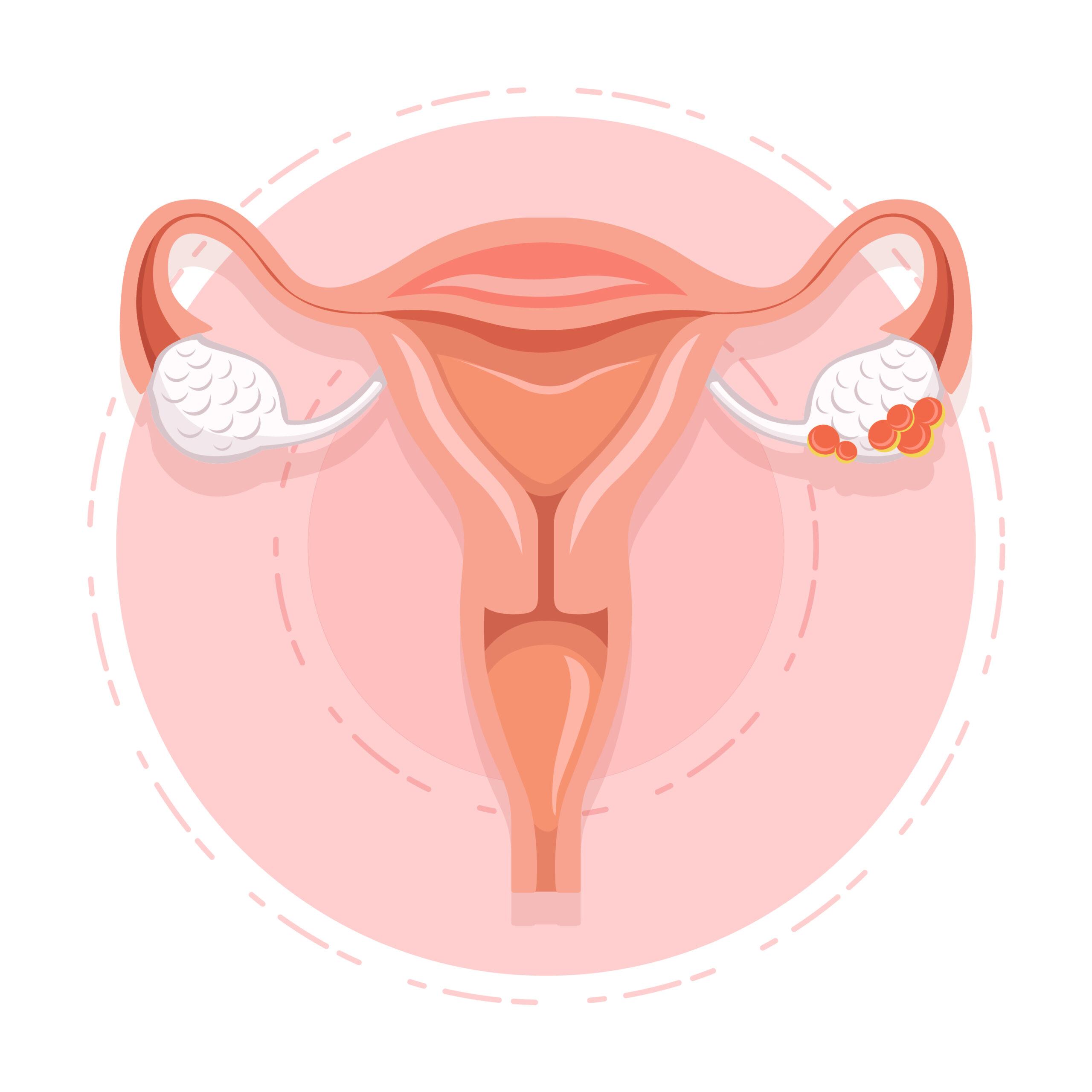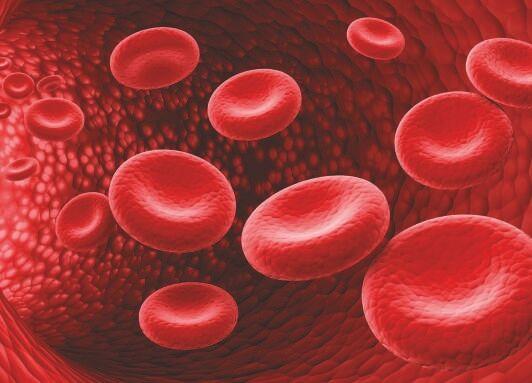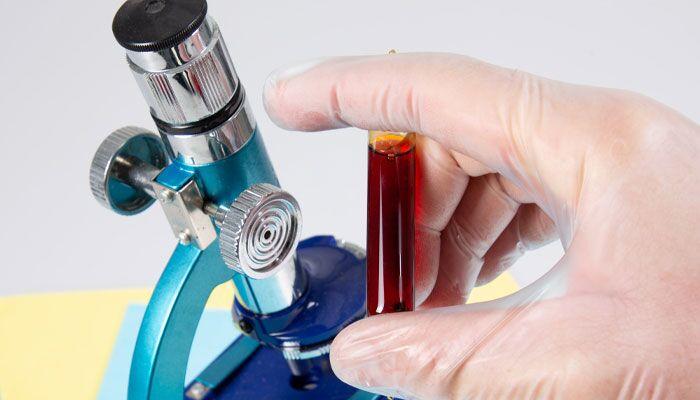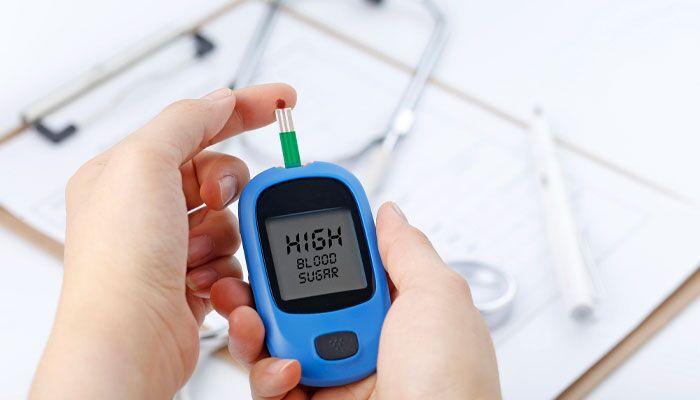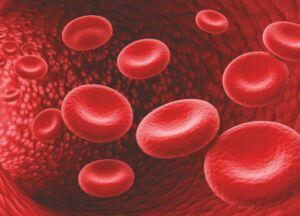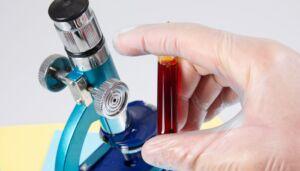
Restoring Gonadotropin hormone improves cognition in Down syndrome

About 1 in 700 babies are born with Down syndrome (Trisomy 21), a genetic condition that causes intellectual disability. When an infant is born with an extra copy of chromosome 21, it causes distinctive physical features, an elevated risk of health problems like thyroid or heart disease, and intellectual impairments.
Screening tests, such as blood tests and ultrasound examinations can provide early detection for pregnant women who are at a high risk of bearing a Down syndrome fetus.
Researchers have sought drugs that could minimize the learning, and communication challenges and enable more individuals with Down syndrome to live independently. A recent study has found that gonadotropin-releasing hormone (GnRH), a hormone therapy boosts cognition in Down syndrome.
Gonadotropin hormone crucial for brain development
Gonadotropin hormone is a master regulator of reproduction and is frequently utilized in reproductive treatments. It is also found to be crucial for brain development. If neurons secreting GnRH don’t develop properly they can affect people with Down syndrome. GnRH affects the development of language and other cognitive skills in newborns and toddlers and is also critical for the formation of brain connections during adolescence.
GnRH deficiency related to cognitive functions
Neuroendocrinologist Vincent Prevot from the University of Lille, questioned whether decreased GnRH levels early in development would be related to Down syndrome. He and his team conducted several tests on mice that had been genetically altered to produce an extra chromosome similar to the one in Down syndrome. They examined the memory and sense of smell of the rodents as they aged and discovered that both declined after puberty. Additionally, the mice’s GnRH-secreting neurons displayed abnormalities brought on by the improper regulation of genes on chromosome 21. They restored GnRH production in the cells using microRNAs and reversed the rodents’ smell and memory deficits. When they gave Lutrelef, a drug generally used to replace GnRH in people to Down syndrome mice, their memory and sense of smell improved after 2 weeks of treatment.
Effect of gonadotropin-releasing hormone
Together with Prevot, Nelly Pitteloud, a neuroendocrinologist at Lausanne University Hospital, conducted a short pilot research on seven men with Down syndrome who were all between the ages of 20 and 50. The study involved giving subjects Lutrelef using a tiny needle and pump that was strapped to their upper arms. Every two hours, the pump delivered the medication into the system, mimicking the body’s normal hormone release cycle. After 6 months, the Down syndrome men showed a 10% to 30% improvement on the Montreal Cognitive Assessment which is a standard measure of intellectual disability.
This study has demonstrated that the maintenance of the GnRH system appears to play a vital developmental role in brain maturation and higher functions. Pulsatile GnRH therapy promises to ameliorate cognitive deficits in Down syndrome.
References
- Restoring a key hormone could help people with Down syndrome. Science. https://www.science.org/content/article/restoring-key-hormone-could-help-people-down-syndrome.





